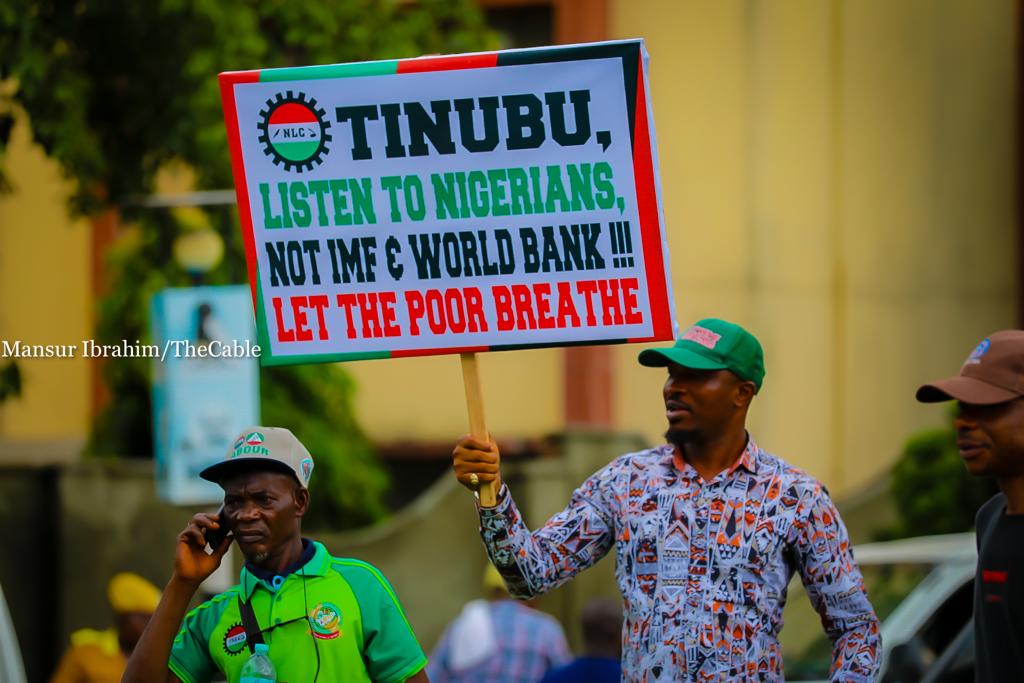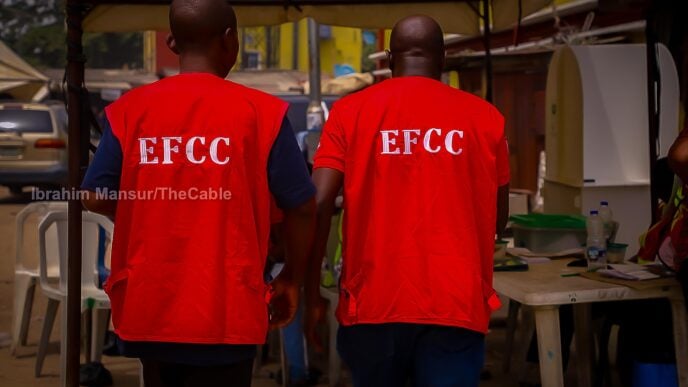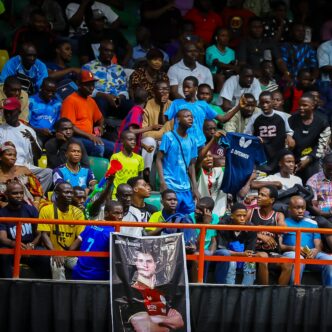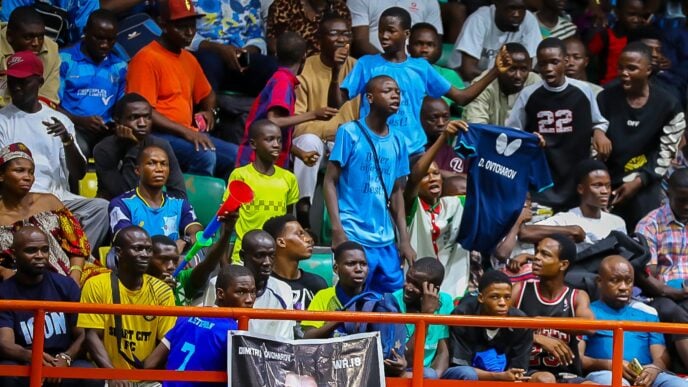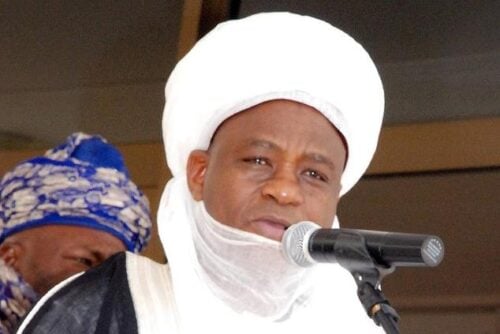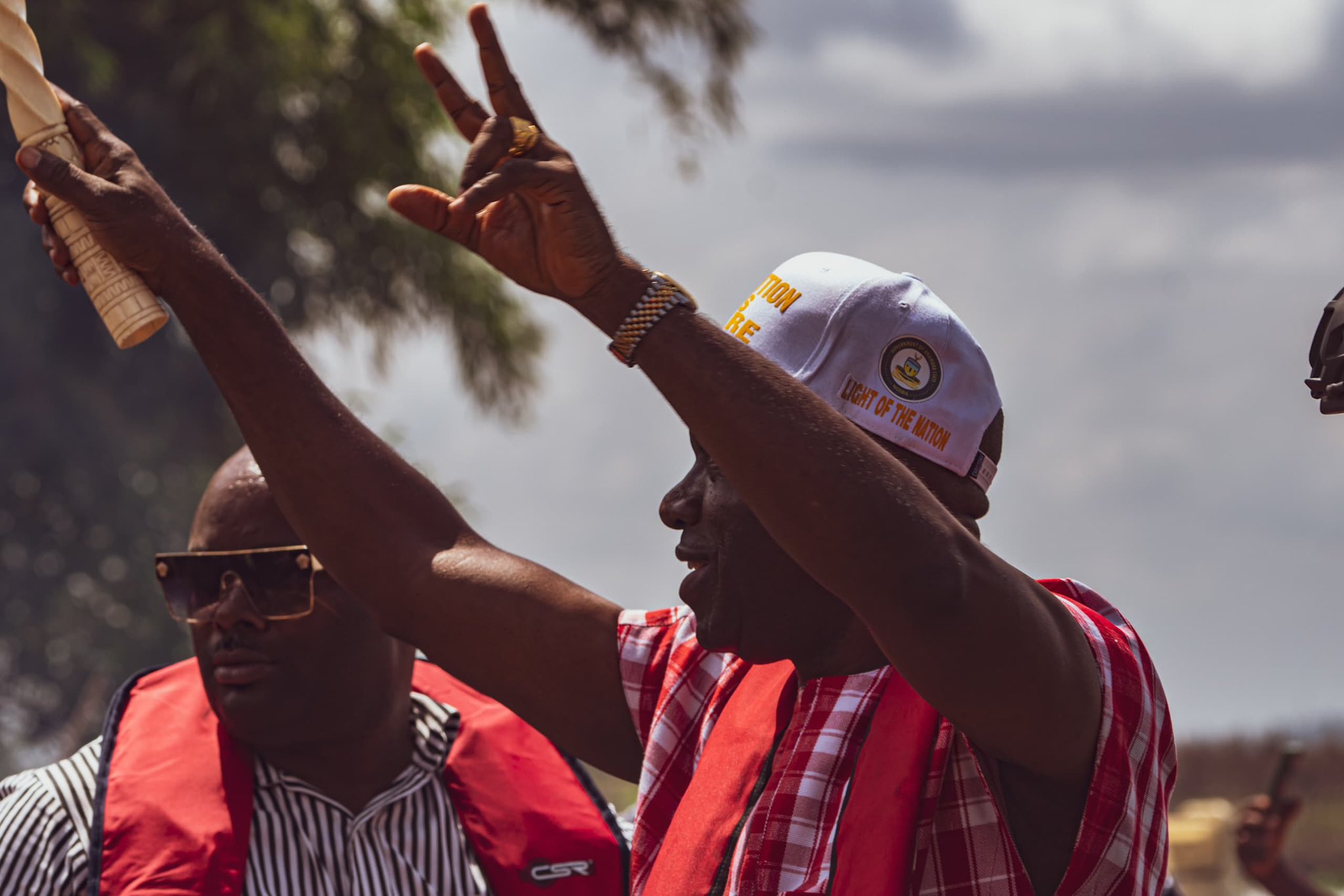BY DAMIMOLA OLAWUYI
On June 3, 2024, a nationwide strike jointly called by the Nigeria Labour Congress (NLC) and the Trade Union Congress (TUC) commenced with a shutdown of the national grid. In a press statement issued by the Transmission Company of Nigeria (TLC), it was reported that the transmission control room in the Benin Area Control Centre was forcibly taken over and shut down by union members.
Multiple transmission substations and power generating units were also taken over in an apparent coordinated operation that achieved the aim of causing system instability and nationwide blackout. As part of the strike, banks, airports, government offices and private businesses were placed under lock and key by various unions operating under the call of their umbrella bodies.
It is important to note that this strike isn’t the first time that labour agitations have resorted to shutting down the national grid. On August 17, 2022, as part of protests against their terms and conditions of service, the National Union of Electricity Employees (NUEE) shut down the Kaduna regional headquarters of the Transmission Company of Nigeria (TCN), causing a blackout in the state, the Federal Capital Territory, Abuja, and other northwest states. Other areas as far as Lagos and Ogun states reported significant disruptions in power supply.
Advertisement
While working for improved conditions of service for members is the responsibility of all unions, the militant posture that Nigerian unions have adopted in recent years has been less than constructive. The outrageous demand of ₦615,000 as a national minimum wage was made in complete disregard for the economic effects of such a move. It also ignored the history of salary increases and their effect on inflation. The 1974 Salary Review, also known as the Udoji Award, led to a jump in inflation from 13% that year to 34% the following year. Inflation would not be fully tamed until 1982 when it finally hit 8%. But by then, the gains to workers from the increment had been wiped out.
It is important to note that every minimum wage review implemented since has been the result of extensive negotiations and agitation between the government and labour unions. These negotiations are often difficult, protracted and contentious. However, adopting a scorched earth approach from Day One threatens to undermine the validity of their arguments and risk support fatigue from both members and the general public.
The opening stance of the union bodies, wildly unrealistic, threatens to portray the unions less as a good-faith negotiator and more as disengaged performers pandering to the worst instincts of their most extreme members. Asking for a 1950% increase in members’ wages stretches to the point of ludicrousness, a campaign promoted to achieve the best possible outcome for all Nigerians. An economically unrealistic demand, with household power rates added as an afterthought, only serves to inflict more pain on the larger economy.
Advertisement
The focus of the unions on wages, applicable only to members of the while inflicting the pain of strikes on the entire economy and not engaging in discussions on other terms and conditions of service is myopic and fails to find creative means of meeting the yearnings of members and applying pressure on the government. Issues, including the security of pension funds, prompt legal redress of employment issues, enforcement of the minimum wage law and other matters that affect Nigerian workers. By raising their voices on just minimum wages, while ignoring other factors that are pertinent to the Nigerian worker, the labour unions are simply perpetuating a cycle of crisis where the unions lock horns with the government for a larger share of an ever-decreasing pie.
While many union supporters will point out that 2023 was a boom year for the pro-labour movement, especially in the United States. Labour groups like the United Auto Workers, the Writers Guild of America and Screen Actors Guild – American Federation of Television and Radio Artists called out their members for precedent-defining strikes. Unions representing aviation workers across America negotiated large improvements on their union contracts. In the United Kingdom, a series of 24-hour strikes were called by public sector unions. And in Sweden, Tesla, owned by Elon Musk, has been engaged in a labour dispute that has expanded to cover all Nordic countries.
However, these successes must be put in context. The unions have benefitted from operating in environments that are conducive to union activities, the demands of the groups were largely achievable and realistic and the strikes were designed to apply pressure on their target without causing undue disruptions to the general public. Many unions provided support for their workers during the period of the strikes. The issues contested by the unions also went further than just pay to address the myriad of current and potential issues that could impact the workers for the duration of the contracts. This meant that many unions ended up fulfilling their demands without bankrupting the other party.
Nigerian unions need to understand that, even more than the politicians, the rank-and-file union members are the drivers of Nigeria’s prosperity. Campaigns that discredit the unions in the eyes of the larger public only hurt the labour movement. Unions that remained invisible during the majority of the struggle of Nigerians can’t suddenly wake up and insist that the larger society share in the burden of its struggle. With 88% of Nigerian workers engaged in self-employment, the majority of our citizens are asked to suffer the pains of union actions without experiencing the benefits. This makes the unions no different from the government whose actions they claim to be against.
Advertisement
Olawuyi is an engineer and geosecurity analyst writing from Lagos.
Views expressed by contributors are strictly personal and not of TheCable.
Add a comment
